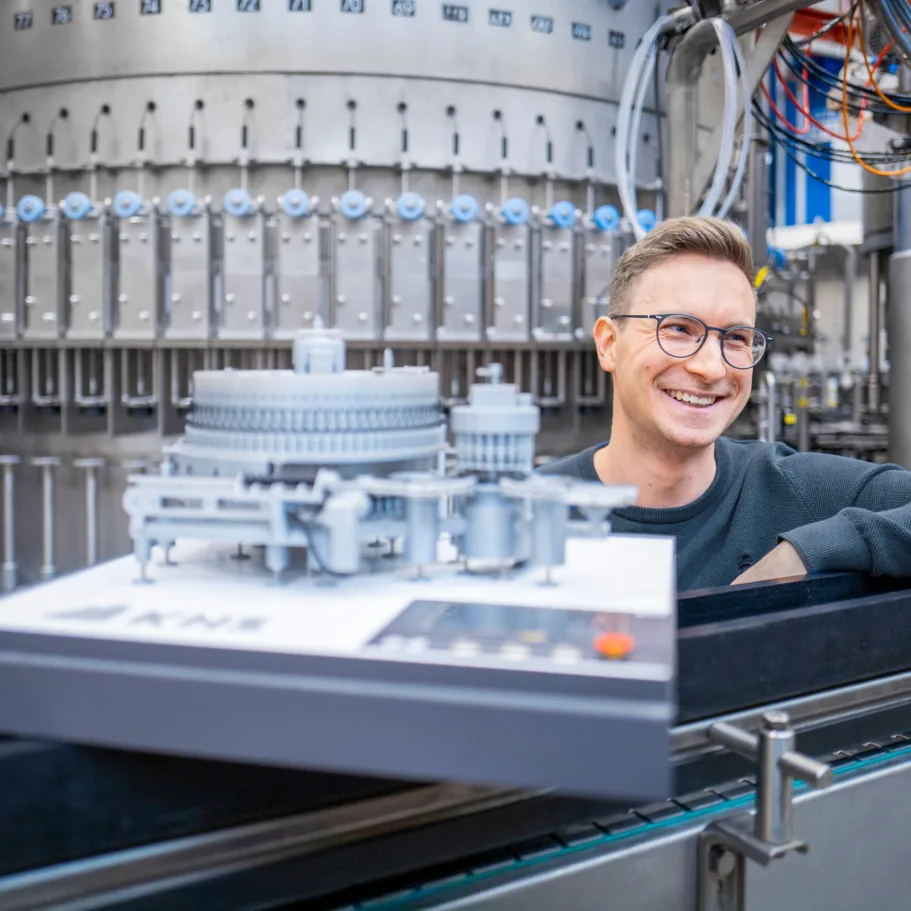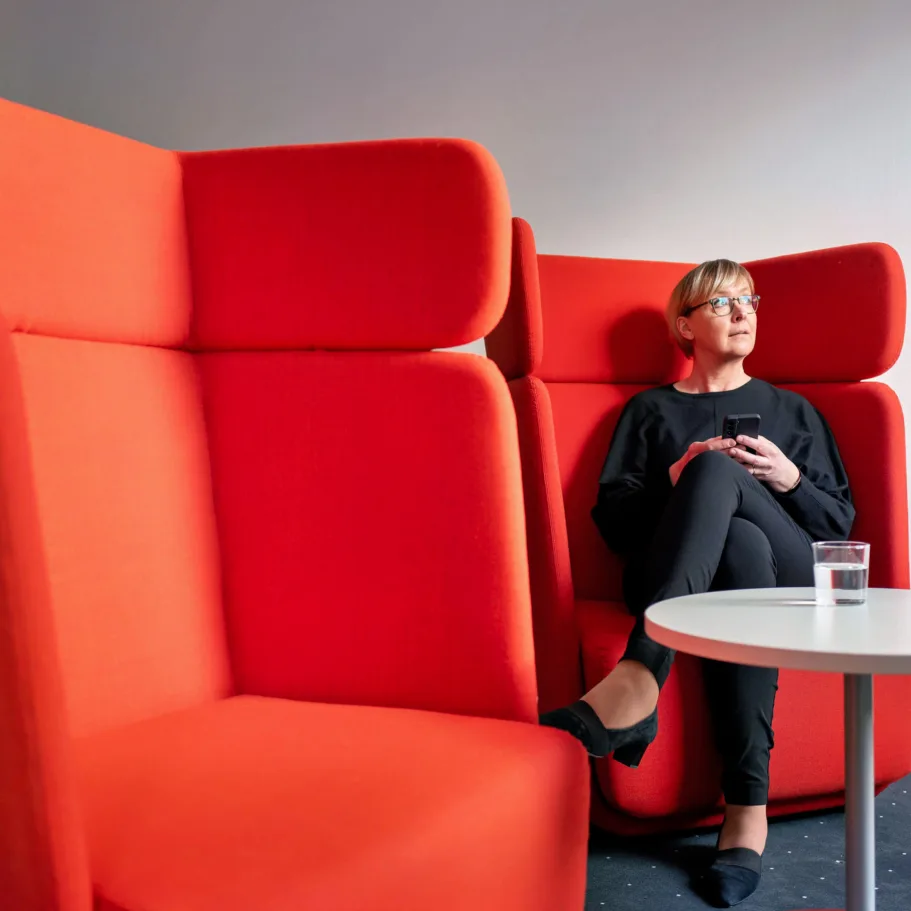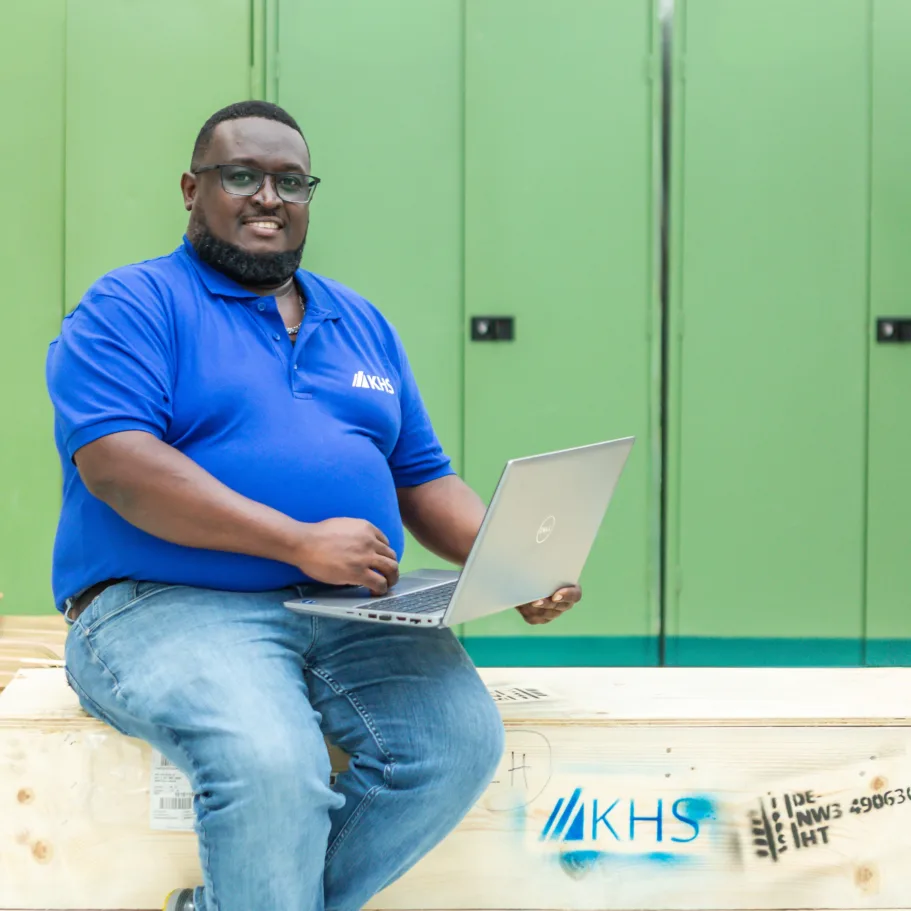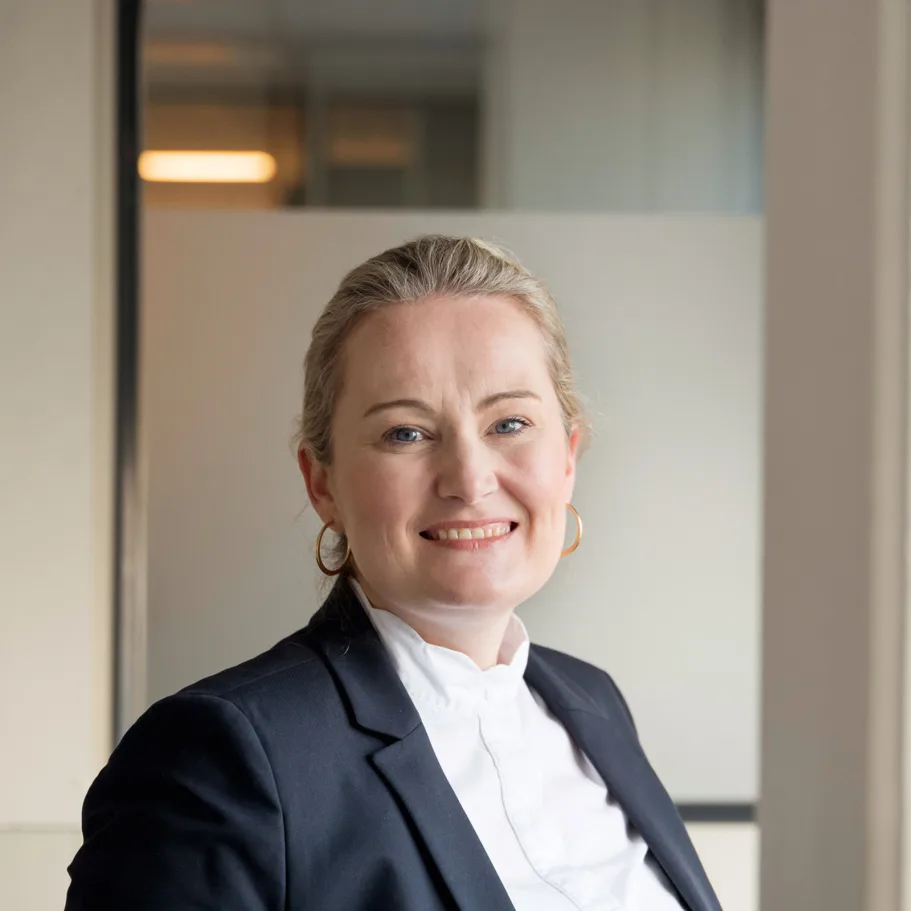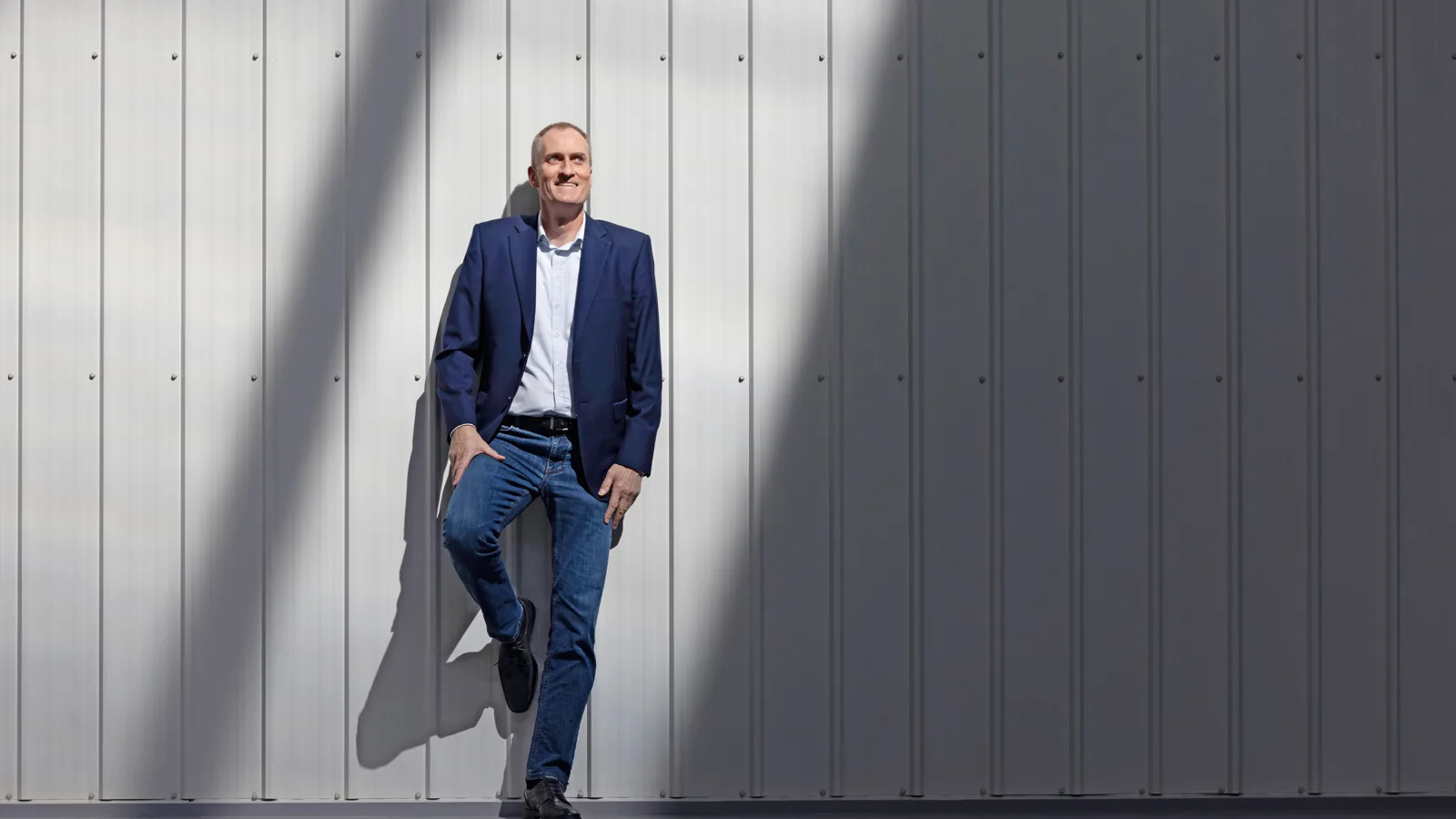
Permanent guest
“When someone goes on a journey, they have a lot to tell” – this saying holds especially true for Detlef Prellberg who’s been plant manager for KHS in China for five years now. Here, the Hanseatic cosmopolitan faces a number of challenges – not least due to corona.
When in the evening Detlef Prellberg leaves his office in Kunshan in Greater Shanghai, his German colleagues are just taking a break for lunch. As is usual for a company that operates the world over, his daily routine is shaped by the times of the day when he can communicate with headquarters. In the morning he thus first works through the emails that came during the night before he coordinates activities with his colleagues on site. The latter task mainly concerns issues with local production and the control thereof, for which he is responsible as plant manager. The afternoon is then reserved for talks with Design Engineering, Production and Quality Assurance in Germany, with topics such as localization dominating the agenda.
He’s lived in China for five years now. He first traveled to the country in 2005 when he began building up a purchasing platform for SIG Corpoplast and later for KHS. Considering that today around seven million export parts are dispatched to Germany every year, the quality assurance of these parts is an important part of his job. For several years now platforms and other large components have also been welded for the KHS PET Competence Center in Hamburg at the KHS factory in China. At the moment, Prellberg is busy arranging the local manufacture of DRV fillers for soft drinks with his team. To date, the main product engineered in China was what’s known as the Aquablock, a block system for the water segment specially configured by KHS for the Asian market. Furthermore, local engineers have also been manufacturing the latest generation of InnoPET Blomax Series Vs here since 2020.
The new production site in Kunshan, where the production shop is four times larger than before, is hugely significant when it comes to meeting the growing demand on the local market. The move was made in November 2021. “It’s of course quite a challenge to exploit these capacities as quickly as possible, especially for Sales,” says Prellberg. On the other hand, he emphasizes, the transfer of the technology and assembly and installation expertise for these complex high-speed machines takes time. The pandemic doesn’t help. “For over two years now we’ve had to resort to online training courses as no engineers have been able to travel to China because of Covid-19,” the plant manager explains. Apart from the fact that there are hardly any flights; the People’s Republic of China has adopted a zero-tolerance corona policy whose strict entry regulations include a four-week quarantine period. “At the moment this is split between two weeks in a hotel and two weeks’ isolation at home. During these four weeks, there’s absolutely no opportunity for you to leave your place of quarantine.”
»When travel becomes easier this year, we can again all enjoy a big family hug.«
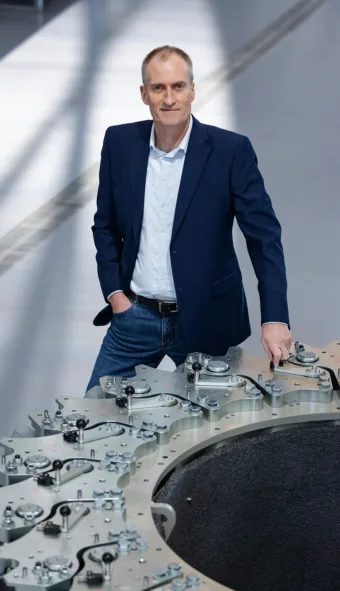
KHS plant manager in China
Interesting:
Our video shows the construction of the new KHS plant in Kunshan, China, that the company moved to in November 2021.
Happy reunion
So as not to have to undergo this procedure, Prellberg hasn’t left the country for more than two years. Of course he and his wife miss their two adult children back in Germany and their elderly parents. A third child, their 15-year-old son, is with them in China and goes to an international school there. The whole family is looking forward to a happy (and healthy) reunion. “If all goes well, travel should become much easier again in the course of this year and then we can hopefully all again enjoy a big family hug.” In the meantime, he makes do with video calls – both privately and at work.
Despite these disadvantages, Prellberg can see the benefit in the restrictive course pursued by the government: namely that there really are hardly any cases of Covid-19 in China. This has been primarily facilitated by the introduction of health codes that are scanned practically everywhere on your smartphone. “This means that public life within the country is practically no longer restricted.”
Not many of the foreign nationals who live and work in China have Prellberg’s perseverance. “Lots of expats are currently leaving the country,” he tells us. “This isn’t just due to the corona situation but also to the country’s economic policy. China has developed at an amazing rate and is turning more and more to its own technology and local specialist personnel.” Moreover, Prellberg has noticed, Germans in particular often have a problem accepting a culture that’s so fundamentally different from their own – as is the case in China. He believes that coming from somewhere as cosmopolitan as Hamburg has helped him to be so passionate about and interested in countries other than his own.
About the person: Detlef Prellberg
After training with Krupp in Hamburg, the qualified mechanical engineer joined Corpoplast, now KHS. He’s remained loyal to the company ever since, holding positions as a service engineer for machine assembly outsourcing and head of intralogistics, among others. He also worked as plant manager in Brazil for eight years. Prellberg has overseen the KHS factory in China since 2017.
Open and helpful
It thus comes as no surprise to learn that Prellberg and his family also seek contact with the locals outside work – such as by living in the Chinese compound. “Why should I move to an Asian country if I’m going to spend all my time there in a ‘German colony’?” He himself finds the Chinese very friendly, open and helpful. The great respect they afford one another is evident in the way they drive their cars, for example. In the vast metropolises the traffic is often chaotic but usually without incident. “I’m always surprised that there are so few accidents,” he quips. “This is undoubtedly because the people here don’t insist on their rights as strongly as we do in Germany.”
The different mentality is also palpable in his job: in such an extremely hierarchical culture it’s quite a challenge to lead and motivate your employees. “Our Chinese colleagues aren’t used to a cooperative style of management and to questioning processes or structures. Vice versa, as Germans we like to receive feedback, however, even if this is sometimes contradictory. It’s thus essential to form relationships and build up trust,” Prellberg states. Social activities are useful in this respect. In particular, enjoying a good meal together is incredibly important in China. And this is something the guest from Hamburg wouldn’t want to miss. “What I really love about Chinese food is its sheer variety. This is expressed by the fact that you have not one but several plates in front of you, for example.” For this, he’s quite happy to do without German cheese, quark or pumpernickel.
Detlef Prellberg doesn’t speak the language of his host country, however, which he regrets. English is spoken at the company and, like most young Chinese people, all of the around 50 employees in Kunshan speak it very well. “Chinese is a much more complex language than most,” he says. Nevertheless, “my wife can now communicate pretty well in everyday situations. She’s been working hard to learn the language for three-and-a-half years. I sadly just don’t have the time.”
